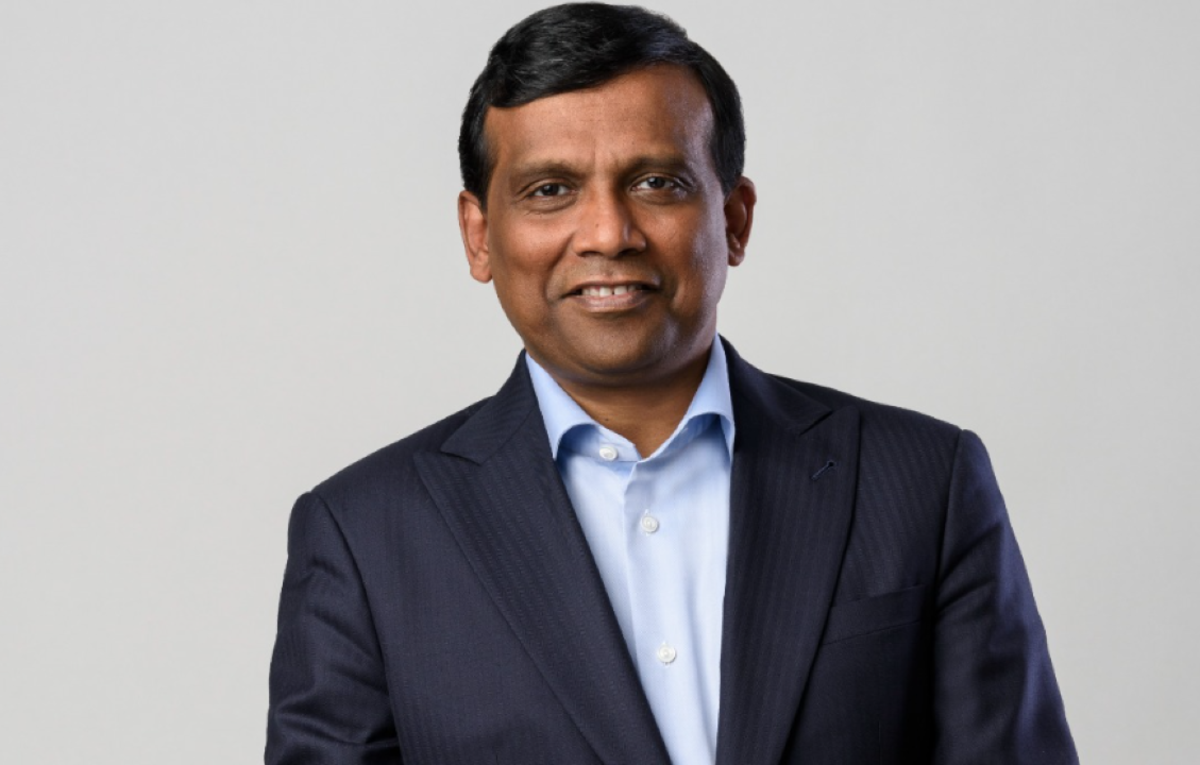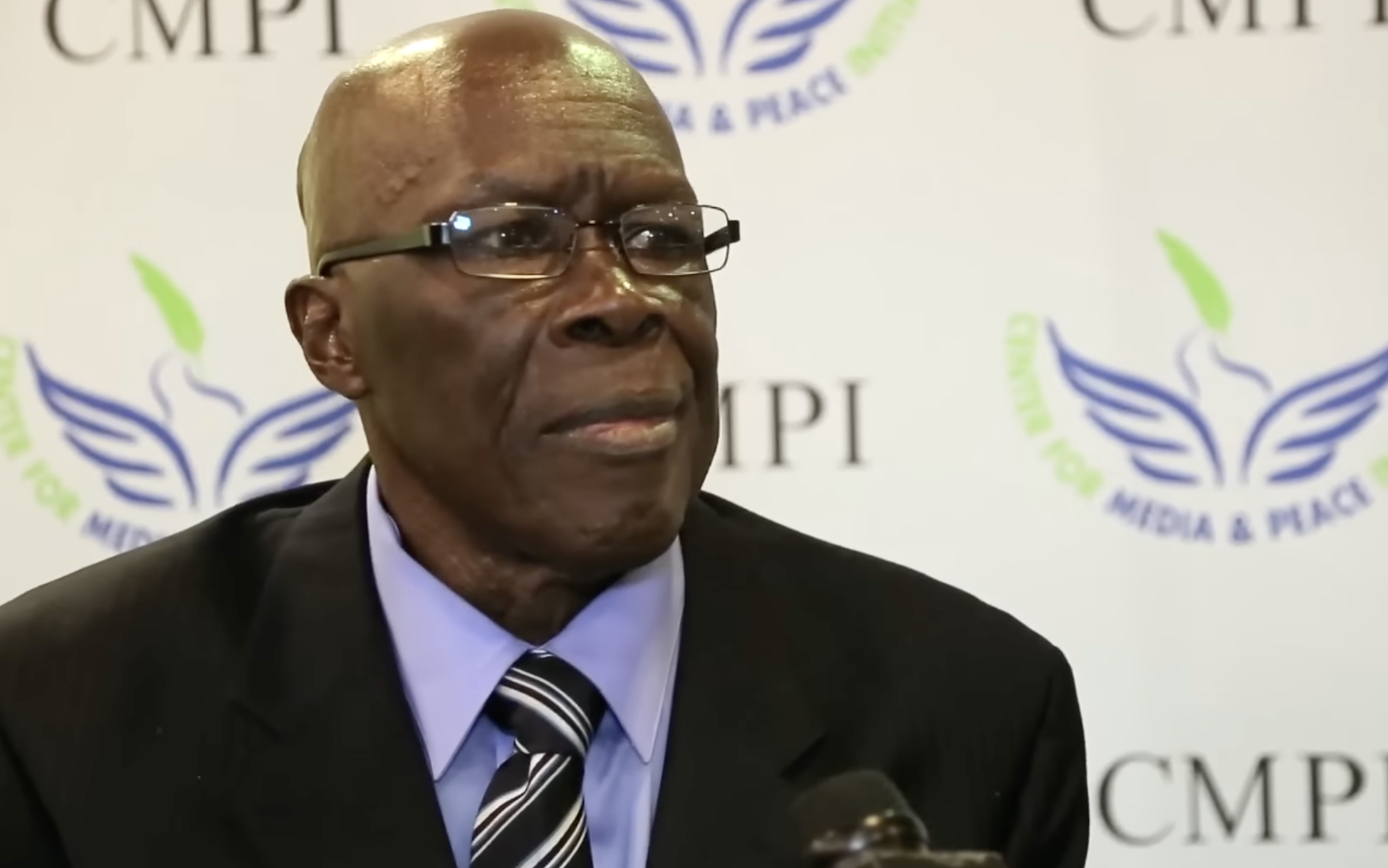Cognizant CEO States AI Not Eliminating Engineering Jobs

Cognizant CEO Ravi Kumar S is offering a counter-narrative to the prevailing concern that artificial intelligence (AI) will decimate entry-level white-collar positions. Instead, Kumar, who helms the 350,000-strong IT services giant, posits that AI will actually generate an increased demand for recent graduates. He directly challenges the perspective of figures like Anthropic CEO Dario Amodei, who predicted a significant reduction in such roles, by arguing that the nature of AI itself necessitates a larger pool of junior talent.
Kumar's central thesis, as explained to Business Insider, is that AI's transformative power lies in its ability to democratize expertise. Unlike previous technological advancements that primarily provided access to information, AI places sophisticated skills and knowledge directly at the user's fingertips. "My argument is you probably need more freshers than less, because as you have more freshers, the expertise levels needed goes down," Kumar stated. This shift, he believes, fundamentally alters the skill requirements for many roles, making them more accessible to those starting their careers.
This theory appears to be manifesting at Cognizant. Kumar revealed that the company's junior developers, specifically the bottom 50% in terms of performance, have experienced a remarkable 37% increase in productivity when utilizing AI tools. This gain significantly outpaces the 17% productivity boost observed among the top-performing developers. Such data suggests that AI can act as a great equalizer, leveling the playing field and diminishing the critical importance of deep, pre-existing expertise for a wide range of tasks.
The implications of this productivity leveling are profound. As AI lowers the barrier to entry for complex work, interdisciplinary skills and adaptability may become more valuable than specialized knowledge. Kumar argues that this will lead to an expansion of the workload that companies can viably undertake, consequently requiring a larger workforce of junior professionals to manage these new opportunities. "Tech disruptions so far put information on your fingertips," Kumar elaborated. "This is a technology which is going to put expertise on your fingertips."
However, Kumar's optimistic outlook is not universally shared within the tech industry. Prominent leaders, including Anthropic's Dario Amodei and Klarna CEO Sebastian Siemiatkowski, have expressed serious concerns about AI's potential to replace white-collar jobs, possibly even triggering economic downturns. Siemiatkowski, for instance, noted that AI-driven productivity gains at Klarna contributed to a significant reduction in their workforce over two years, from 5,500 to 3,000 employees.
Despite his confidence in the potential for AI to create jobs, Kumar acknowledges the inherent uncertainty of this technological frontier. "I don't know what's the right answer, but I at least know that the model is going to change," he conceded, emphasizing that the AI era could unfold in multiple ways, reshaping the employment landscape in still unpredictable patterns. The debate over AI's ultimate impact on jobs continues, with compelling arguments on both sides.












